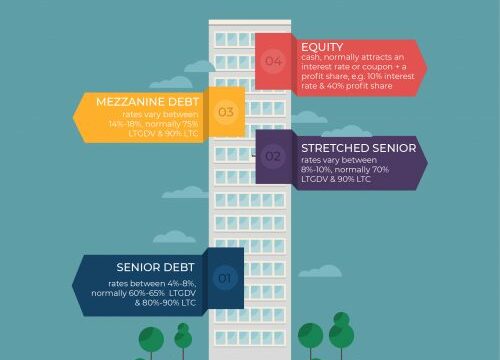During the pandemic, the government were clear in their expectations for banks to help customers and grant mortgage payment holidays where needed. The UK Financial Conduct Authority (FCA) issued ‘Tailored Support Guidance’ outlining how firms should support customers in financial difficulty. The same guidance is applicable to borrowers impacted by the cost of living crisis, and this year more than 3,500 lenders were sent the FCA’s Dear CEO letter to reiterate these guidelines. Whilst it is not mandatory for a bank to grant payment holidays, we’ve yet to hear of any bank suggest they won’t (in the right circumstances), if asked.
Under a new mortgage charter, of which around 85% of the mortgage market have signed up to, borrowers can seek guidance from their lender with no impact on their credit file, and lenders agreed to a range of options like switching to interest-only payments, extending mortgage terms, and temporary payment holidays.
What is a mortgage payment holiday?
A payment holiday means your regular payments are suspended for an agreed period of time. The accepted holiday period at the moment seems to be 3 months. The payments are not waived, rather the amount you would have paid is added to the capital balance, and so the amount you owe the bank will increase. As with any increase in the capital balance, you will pay additional interest charges as a result.
Why is this happening?
Due to the Bank of England’s base rate reaching a 15-year high, mortgage rates have increased sharply leaving many customers facing unaffordable monthly payments. This combined with a sharp rise in energy and food prices, and the general cost of living means a significant portion of the general public cannot meet their monthly financial commitments.
As a result, both homeowners, tenants and landlords may not be able to make their mortgage payments, and the government wants banks to be lenient.
How do I apply?
To secure a payment holiday, you have to contact your bank directly. Every bank will have a slightly different process, but expect to be asked questions as to why you cannot make your payments. As a residential landlord, your tenants may have been affected in the same way and as a result cannot make rent. Similarly, for commercial landlords the businesses that tenant your properties may also have cashflow issues and may miss their rent. To us it seems reasonable, that the bank may ask for proof of these reasons where possible.
The high-street banks are probably more likely to accept your reasons at face value and grant your request. Many of our clients have mortgages with private & commercial banks, and they are probably less likely to be expecting such requests. It’s probably expected that you will have savings or other means to cover the shortfall. However, if this is not the case please speak to your banker and find out how their individual company is dealing with the situation and assess your options with them.
Our thoughts:
We have had a lot of calls over the last years asking for advice on the best course of action, and we summarise as follows;
Whatever you do, if you are in trouble, now is not the time to put your head in the sand. Give your creditors plenty of warning. If there is a chance you will miss your payments tell them now. Do not wait until the day, or the day before the payment is due. Keep an open and regular dialogue. Remember your banker has to feedback your conduct to management, and if you’re being unreliable then that will be noted.
If you’re going to apply for a payment holiday, then make sure you’re deserving and you’re the type of person that the government has in mind. It’s not free money, it’s just being added to the tab, so you’ll pay it eventually (and will pay more interest if you defer payments). If you’ve got the means to cover your payments, even if your income or rentals have been reduced, then you probably should.
During the coronavirus outbreak, the government put in place well-publicised measures, such as furlough and business continuity loans to help support businesses and their employees. However, there were very few limitations to furlough payments, and, as you may have seen, some premier league football clubs furloughed non-playing staff, whilst continuing to pay their players £ 100k+ per week salaries. On top of that, an estimated £5.5 billion was lost in fraudulent furlough payments. Hence why, even though the cost of living problems are arguably as far-reaching as covid-19 was, the government has put more onus on lenders to help people in financial difficulty.
One final thing:
If you need liquidity and want to raise a property loan, borrowing is still readily available. After the 2008 crash, bridging loans and high LTV commercial loans were in high demand, and these areas of the market are busy again. We are specialists in specialist finance, so get in touch if you want to discuss any requirements.
For advice or if you have any questions, please get in touch on 020 7846 0184 or email info@propertyfinancegroup.com




